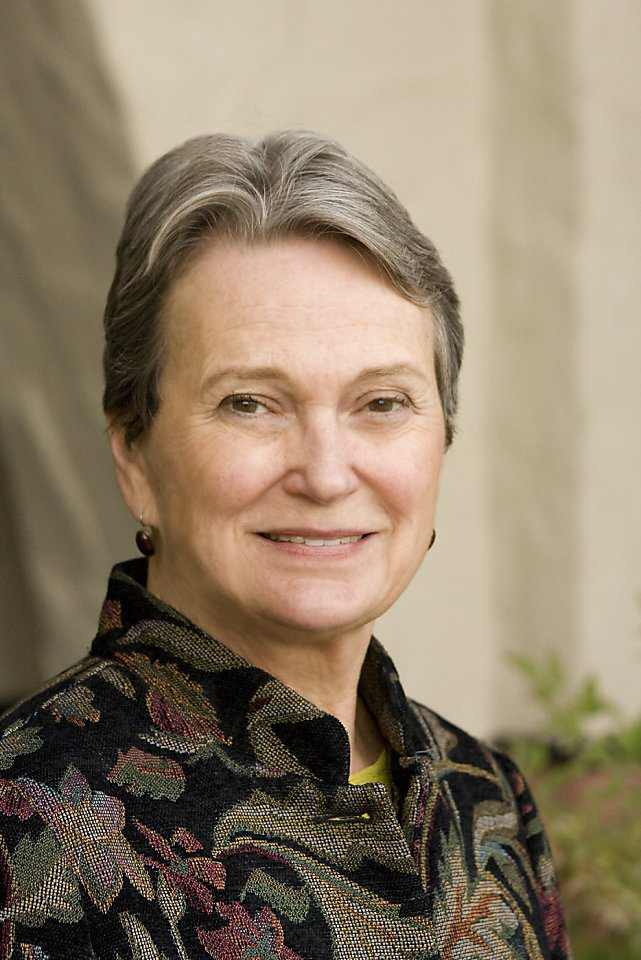
In spring 2021, I had the pleasure of interviewing the Hon. Loni Hancock for the California State Archives State Government Oral History Program. As an interviewer, one of my major areas of interest is the history of women’s political work, and Loni Hancock’s name appears over and over in the course of this study. Indeed, her life and work are integral to understanding California’s recent political history and the greater inclusion of women in elected office.
Loni Hancock is a former California State Senator (2008-2016), California State Assemblymember (2002-2008), Mayor of Berkeley (1986-1994), and Berkeley City Councilmember (1971-1979). Hancock was born in 1940 in Chicago, Illinois, and grew up in New York City. She attended Antioch College, Cornell College, and graduated with a BA from Ithaca College in 1963. Hancock later earned a MA from the Wright Institute in 1978. In addition to serving in elected office as a Democrat, Hancock also previously worked as the regional director for ACTION in the Carter administration, the director of the Shalan Foundation, and headed the Western Regional Office of the Department of Education in the Clinton administration. She currently partners with East Bay Supportive Housing Collaborative to advocate for supportive housing for people with serious mental illnesses, and is working to preserve Berkeley’s architectural heritage.
Hancock moved to Berkeley, California, in 1964 amidst the community’s reckoning with school desegregation and the Free Speech Movement. This zeitgeist in 1960s Berkeley inspired Hancock to follow her own interests in political activism. Indeed, it was her involvement in the local peace movement that propelled her into electoral politics. In her interview, Hancock explained, “Berkeley is a place where things begin. And whatever is in the air here has, I think, encouraged us to be standing up for what we believe is right, and arguing it out among ourselves.”
After an unsuccessful first campaign in 1969, Hancock won election to Berkeley City Council in 1971. For a time, she was the only woman on this governing body. Hear Hancock reflect on gendered expectations for Berkeley City Councilmembers in the 1970s:
After her time as Mayor of Berkeley, as well as work in several Democratic administrations and nonprofits, Hancock felt she could continue to contribute to her community by running for legislative office—first as a California State Assemblymember and then as a California State Senator. During her time in the California Legislature (2002-2008, 2008-2016), Hancock worked on many important issues. Notably, she was a major proponent of environmental legislation. Hancock introduced SCA-5 (later approved by voters as Proposition 25), which proposed passage of state budgets with a simple majority vote rule. She also advocated for criminal justice reform, including funding for prison education programs. Of this work, Hancock explained,
“One of the things we did was get a lot of prison education funded and implemented and get more money for rehabilitation programs. And actually, one of my best bills that was a my-idea bill was we gave full reimbursement for community colleges in California to run transfer-level courses in our state prisons. The idea being that you would get your basic first two years of college done, and then you could transfer to a UC or CSU on release…The recidivism rate goes down to virtually zero when that happens, so anyway, it makes safer communities, is what it does.”
Hancock’s legislative contributions have certainly helped shape recent California politics. But as the California State Legislature still struggles with gender parity of elected officials, her presence and perspectives as a woman in both bodies have also been key. In thinking about the strides toward greater representation of women in California politics, Hancock reflected,
“Well, we had our first woman speaker [in the Assembly], Karen Bass. We had our second woman speaker, Toni Atkins, who’s now the [Senate] pro tem. Those were milestones, really important milestones. You know, also, Karen was the first woman of color, and I’m guessing that Toni might be the first LGBTQ woman as a head [in California State government]…so you have women in leadership, which I think makes an interesting difference, and more women…So you know, there’s definitely progress, definitely.”
And Hancock’s tenure in California politics has certainly been a part of this progress. Read Loni Hancock’s oral history interview to learn more about her life and work in California politics!
Find this interview and all our oral histories from the search feature on our home page. You can search by name, keyword, and several other criteria.
About the Oral History Center
The Oral History Center of The Bancroft Library has interviews on just about every topic imaginable. You can find the interviews mentioned here and all our oral histories from the search feature on our home page. Search by name, keyword, and several other criteria. We preserve voices of people from all walks of life, with varying political perspectives, national origins, and ethnic backgrounds. We are committed to open access and our oral histories and interpretive materials are available online at no cost to scholars and the public.
Sign up for our monthly newsletter featuring think pieces, new releases, podcasts, Q&As, and everything oral history. Access the most recent articles from our home page or go straight to our blog home.